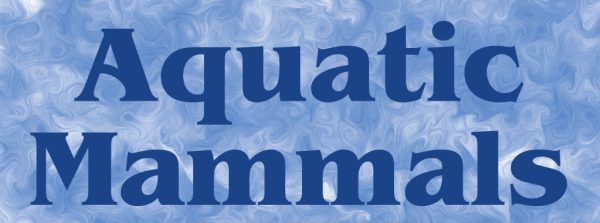Document: Article
Abstract: Models of cetacean communication range reductions associated with anthropogenic noises are complex. They often require assumptions related to the hearing abilities and vocalization source levels of the species concerned. The maximum range of a call is limited by transmission losses which reduce the signal amplitude until it is masked by ambient noise. We propose a simple method to estimate the proportional reductions in communication range associated with anthropogenic noise sources, relative to the maximum range under ambient noise-level conditions, that can be calculated using only noise-level measurements and is independent of the hearing sensitivity of the species concerned. The remaining communication range (% of maximum) = 10-∆/k × 100 where ∆ is the dB difference between the anthropogenic noise level and the ambient noise level while assuming a spreading loss of klog10(range). This enables indexing the remaining communication ranges and, by observation of plots of the data, identifying duty cycles associated with anthropogenic noises. The proposed method was tested with the analysis of underwater ferry noise in a baleen whale habitat in the Bay of Fundy, Canada. The relative communication range and duty cycle were estimated using data from autonomous underwater recorders. Three one-third octave band levels at the same frequencies as vocalizations of the local mysticete species were analyzed. Calls at 20 Hz would not be masked by ferry noises. Calls at 125 and 500 Hz would have severely reduced communication ranges for eight one-hour periods per day when the ferries were operating. Collection and analyses of only noise-level data are faster and much less expensive than more sophisticated studies. Computing remaining communication range analyses may be a useful first step in identifying and ranking anthropogenic noise sources and their potential for animal communication masking.
Key Words: remaining communication range, ambient noise, masking, vessel noise, duty cycle, baleen whale communication
DOI: https://doi.org/10.1578/AM.47.3.2021.283
Page Numbers: 283-291
Open access: Click here for PDF

